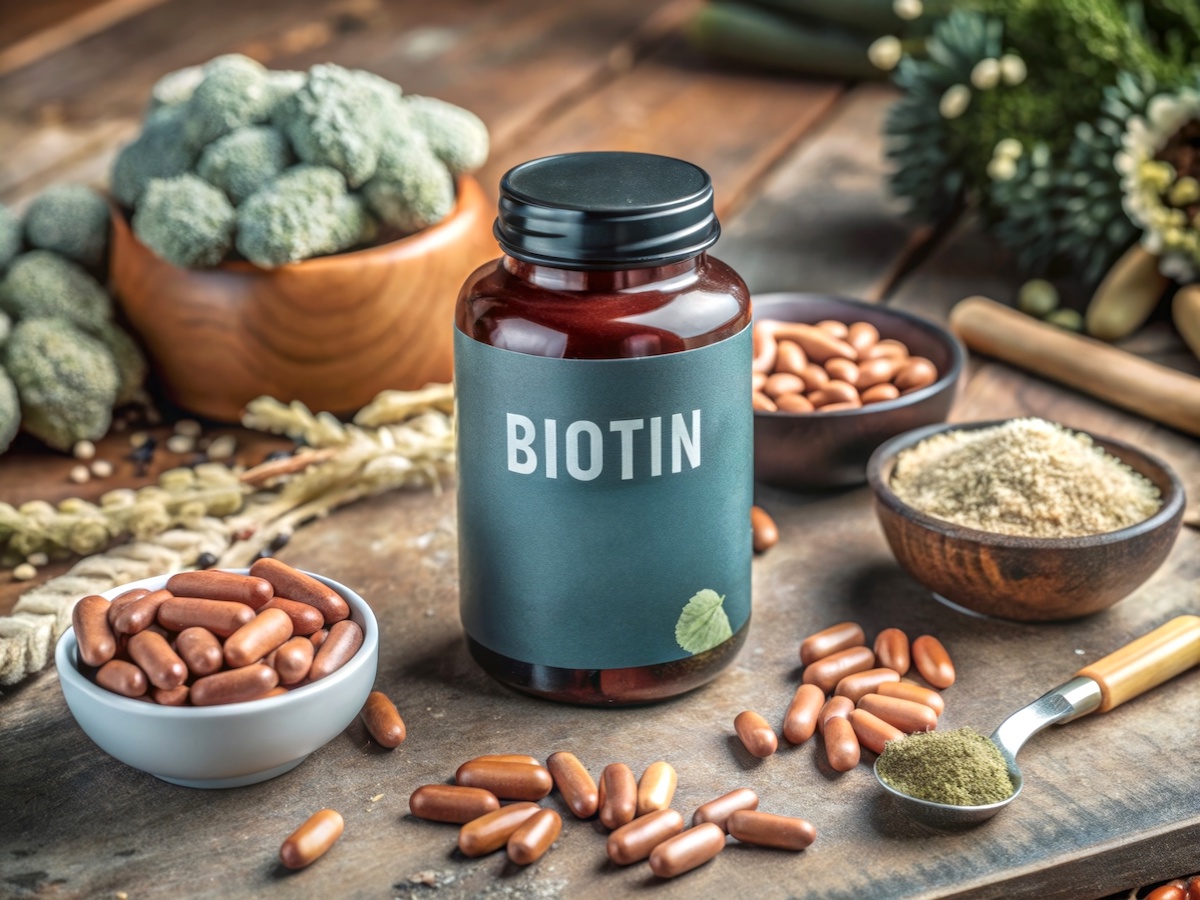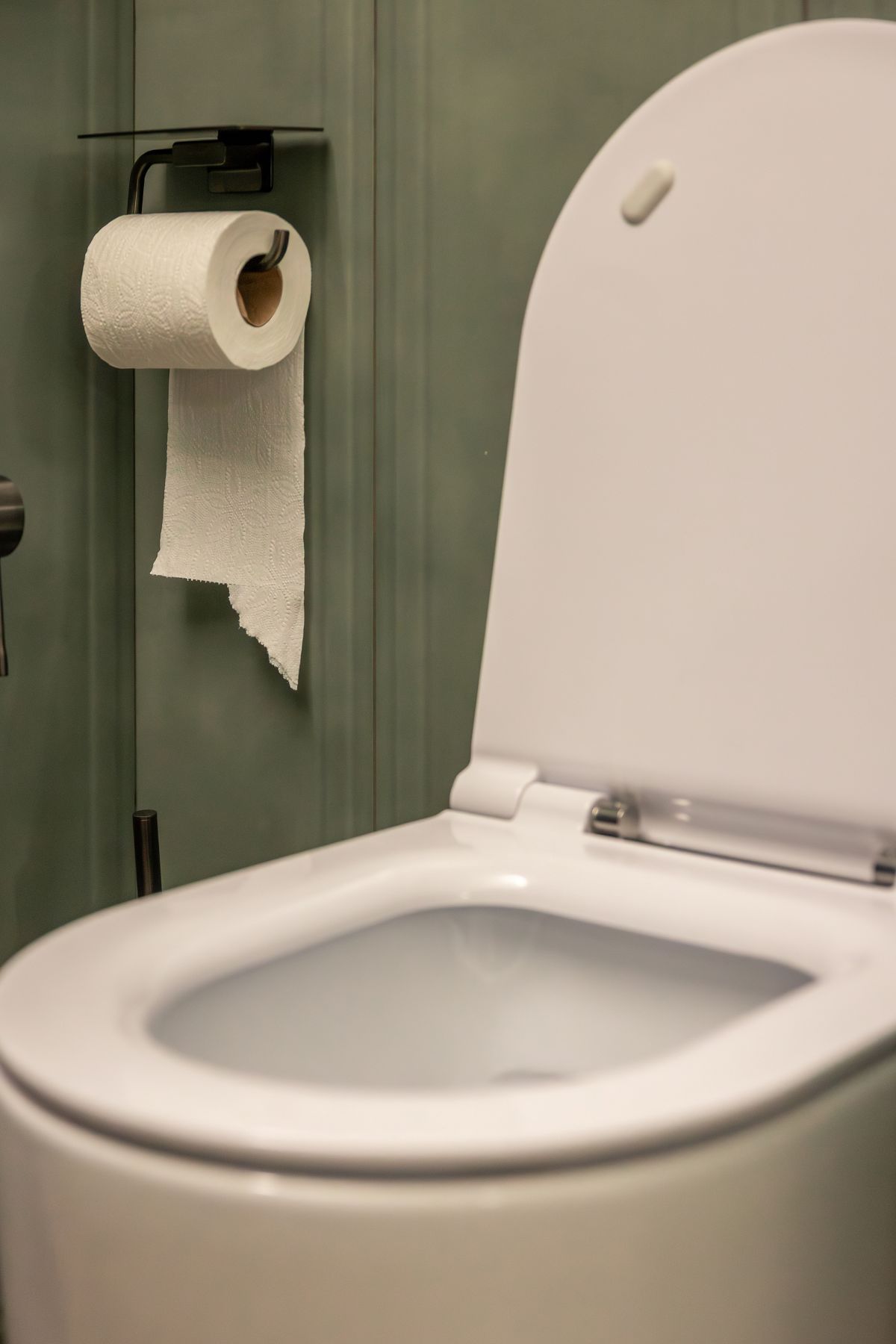Taking supplements with biotin can cause inaccurate lab test results
Biotin, or vitamin B7, plays an important role in your overall health and well-being. And while biotin supplements can be a healthy addition to some people’s routines, they can come with a downside, too.
Family medicine practitioner Matthew Goldman, MD, talks about the side effects of biotin supplements, and why it’s important to stop taking any supplement containing biotin before having certain laboratory tests.
Negative side effects of biotin
Biotin is typically considered to be a safe supplement. It’s water-soluble, which means that what your body doesn’t use passes through your urine.
Although rare, biotin may cause these side effects:
• Allergic reaction (typically resulting in skin rashes)
• Nausea
• Cramping and abdominal pain
But the biggest drawback?
High levels of biotin can interfere with the accuracy of certain common lab tests. Meaning, if you take a supplement with biotin and then get bloodwork and other lab tests to rule out, say, a thyroid condition (or a host of other tests), the results may not be accurate.
Biotin and bloodwork
The U.S. Food and Drug Administration (FDA) issued a safety alert warning about the risks of biotin affecting lab tests. Affected tests include those used to diagnose conditions such as:
• Thyroid disease
• Anemia
• Cancer
“High levels of biotin can lead to falsely high or low results on lab tests that use biotin-streptavidin technology, which is common in several lab tests,” Dr. Goldman reports.
Here’s why it happens.
Many labs use immunoassay-based screening methods for these tests. It’s a testing method that measures the presence and concentration of a small molecule in a solution. If you have too much biotin free-floating in your system, it can throw these tests off. In other words, the biotin in your system can replace what tests are measuring for in the solution and create false readings.
Results may appear falsely low or falsely high, depending on the specific testing method. And lab results affected by biotin supplements aren’t always obvious to your healthcare provider or the lab conducting the test.
“Because biotin can interfere with lab tests, it can lead to misdiagnosis or inappropriate management of medical conditions,” Dr. Goldman emphasizes.
When to stop taking biotin before lab tests
The typical recommendation is to stop taking biotin at least 72 hours before having tests done. But that guidance can vary depending on the test to be performed and how much biotin is in your supplements.
“If you’re concerned about how supplements might affect future or previous lab results, speak to a healthcare provider and the lab performing the test. Let them know about any medications and supplements you take,” Dr. Goldman advises. “Making sure everyone is on the same page can help ensure you receive accurate lab results and get the best care.”
The good news is that biotin that comes from foods rather than supplements isn’t likely to affect your lab results.
“Biotin-rich foods typically don’t contain excessively high amounts of the vitamin,” Dr. Goldman reiterates. “Overconsumption is only a concern with supplements, particularly at high doses.”
What’s more, biotin deficiency is rare. And while you may think a bottle of supplements will give your hair or nails a healthy boost, the science on their effectiveness is limited. Skip the supplements by boosting your biotin levels naturally by eating these biotin-rich foods, like beef liver, eggs, and canned salmon.
How much biotin is too much?
Even relatively low doses of biotin supplements can affect lab results. But the higher the dose, the greater your risk.
“Even the biotin content found in common multivitamins can interfere with lab tests,” Dr. Goldman states. “Higher doses, like the amounts found in supplements for hair and nail health, are more likely to cause issues.”
Cleveland Clinic is a non-profit academic medical center.











